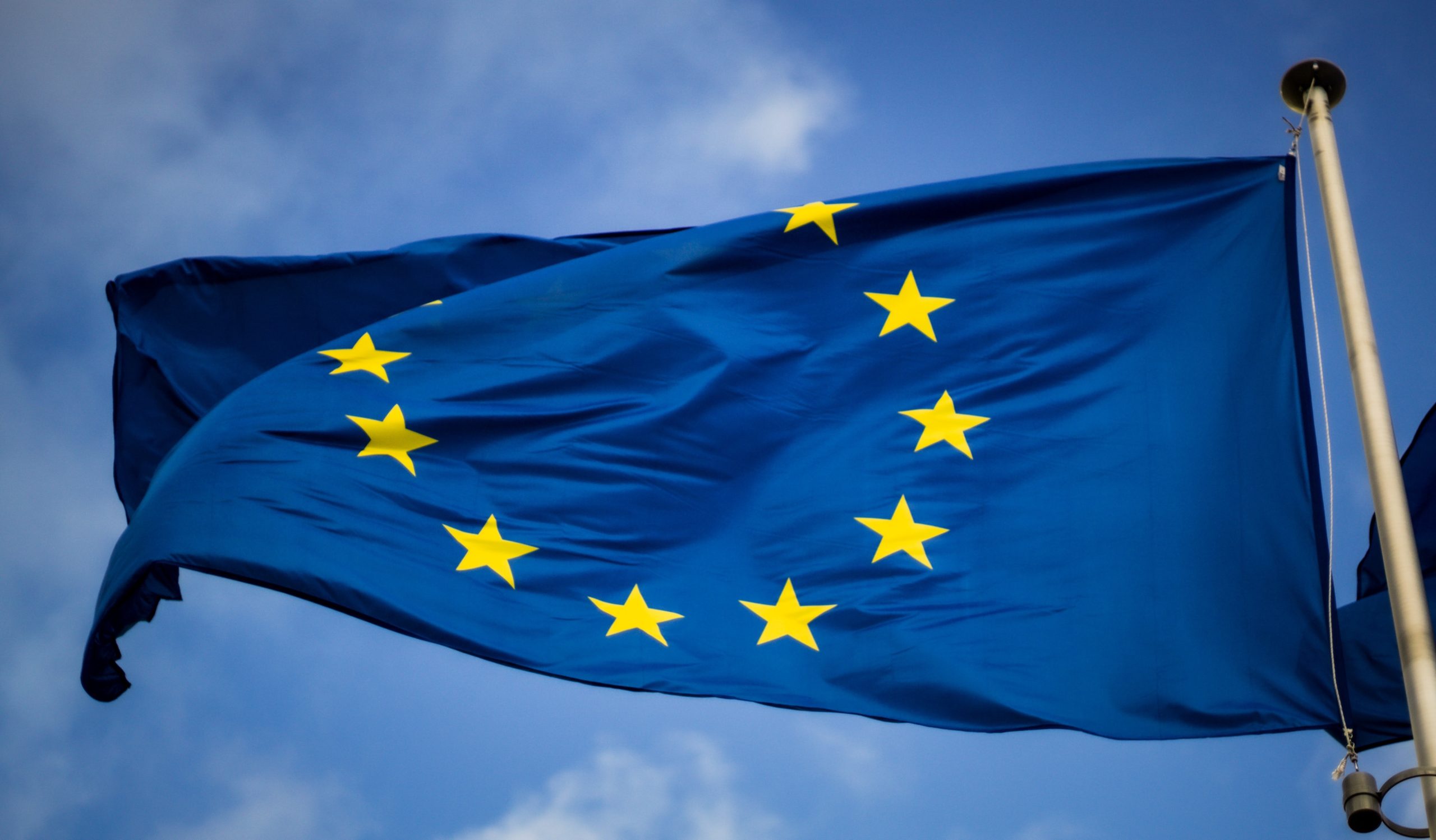Should there be a specific “right to be forgotten” in the era of social media or do we just need a stronger right to privacy? Can content published on Facebook or Twitter be considered public, and how can private data published on these platforms be used in other contexts? Experts’ viewpoints on these issues are still contrasting. As a Westminster Media Forum entitled “Social media, online privacy and the ‘right to be forgotten’” showed, while Europe is moving towards a stronger set of rules, some UK experts support a more liberal law framework.
A stronger EU legislation
On 16 March in a speech at the European Parliament, EU justice commissioner Viviane Reding addressed the issue of online privacy, saying, “I am a firm believer in the necessity of enhancing individuals’ control over their own data”. Therefore, she emphasised the need for a legal right to be forgotten – which she defined as “a comprehensive set of existing and new rules to better cope with privacy risks online” – and claimed that people should have “the right – and not only the ‘possibility’ – to withdraw their consent to data processing. The burden of proof should be on data controllers – those who process your personal data”.
Referring in particular to the case of Facebook, Reding underlined that “homogeneous privacy standards for European citizens should apply independently of the area of the world in which their data is being processed”, thus a US-based social network company like Facebook “needs to comply with EU rules”.
Ruling Facebook on exceptional ground
Speaking at the Westminster Forum, Richard Allan, director of policy EU for Facebook, indirectly replied to the EU justice commissioner by saying that regulators should not change the law on the ground of a few exceptional cases. While most of the people are happy with a “network designed to share”, Allan admitted that there are exceptional data-deletion cases with which Facebook is still trying to cope. As an example, he provided the case of people who want “youthful expressions” of themselves to be removed from Facebook in order to avoid potential embarrassment with future employers.
According to Allan, Facebook is also facing the “information challenge” of complying with complex privacy policies, while providing at the same time a simple interface to make users able to change their privacy settings. Furthermore, he made clear that Facebook is only able to delete data that exists solely in a “personal environment” – i.e. Facebook can delete anything that is just posted to one user’s profile – but they cannot delete content once it is shared or copied in other Facebook pages.
It is a publishing issue
Allan’s argument raised the question whether something posted on Facebook can be regarded as entirely private. According to another speaker, Chris Pounder, a specialist in information training and director of Amberhawk Training, this is “a publishing issue” and not a privacy one. Referring both to the Lindqvist decision and European Commission directive 95/46, which is intended to protect a person’s right to privacy, Pounder argued that “as soon as you publish anything online, it is no longer personal”.
Therefore, as Pounder put it, we are not dealing with “the right to be forgotten”, but with data protection, and this is particularly crucial when employers unfairly collect personal data from Facebook in order to assess a future employee. Within this framework, new questions arise concerning whether data collected online is accurate, relevant or fair. “That is something that can be controlled and could be worked out in courts”, Pounder explained, “but a right to be forgotten won’t work. Simple as that”.
Are 700 followers a private audience?
Questions of accuracy and relevance prove to be particularly challenging when applied to traditional and social media. Speaking in the second part of the Forum, Chairman of the Press Complaint Commission (PCC) Baroness Buscombe provided a recent example involving the role of Twitter.
Ms Sarah Baskerville – a civil servant who worked for the Department for Transport – complained to the PCC that an article published in the Daily Mail on 13 November 2010 intruded into her privacy because it reported tweets taken from her account. However, the PCC did not uphold the decision, stating that “there was no dispute that the material posted by the complainant was open to public view and could be accessed by anyone who whished to read it”. According to Buscombe, “it is hard to regard tweets as private content” because of the very nature of the medium which allows people to “re-tweet” or follow other people’s tweets without asking for their consent. Moreover, Baskerville had 700 followers on Twitter, a figure that can hardly be regarded as a private audience.
Education and social life
There is, however, an issue which most of the speakers agreed on: the need to educate the audience and make people aware of both risks and potentials of publishing content online. Within a context where “law can never keep up with this technology changing”, Buscombe claimed, enhancing audience awareness becomes crucial. Also, from a legal viewpoint, as Director of Media Strategy at Lewis PR Clarence Mitchell said at the Forum, people must recognise the importance of their online persona and need to see that “they’re not immune to law” in an online environment.
Finally, writer and film director Tessa Mayes, intervening at the Forum, provided an alternative viewpoint concerning the role of society. While she argued, on the one hand, that we need “a more robust right to privacy”, on the other hand she claimed that there should not be a right to be forgotten. As she wrote in a recent article “to say there should be a right to be forgotten is to say we can live outside society. We can’t… Our fundamental social existence as human beings means we are never truly forgotten”.



3 Comments
Pingback: . s h a p i n g w o r d s , » We are all authors online, and cannot be forgotten
Pingback: We are all authors online, and cannot be forgotten » davidemorisi.com
Pingback: Our digital memories and the right to be forgotten » davidemorisi.com